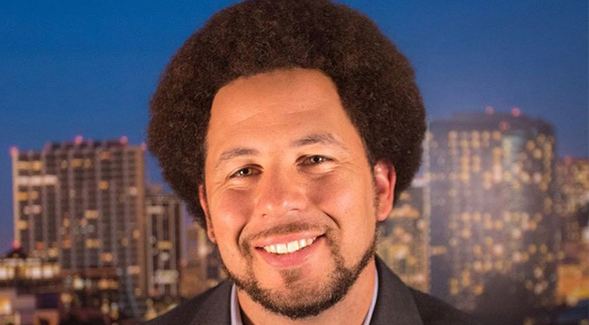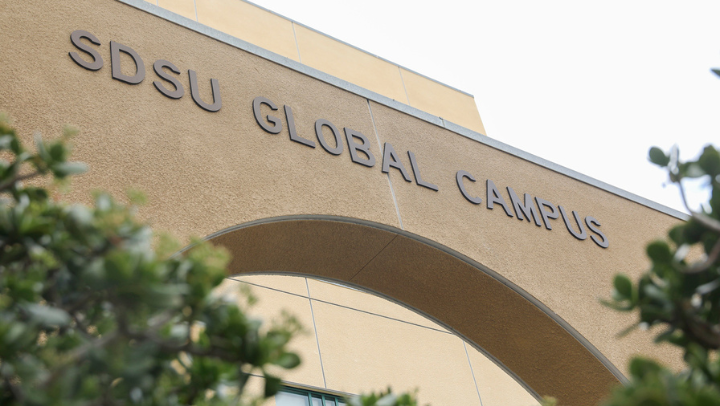SDSU to Offer Black Minds Matter Course
The course will be broadcast online and is expected to reach more than 10,000 educators nationwide.

The class is organized around the BLM movement’s guiding principles of loving engagement, collective value, and restorative justice.
“It’s time to create a paradigm shift in the way educators view their role,” said Wood. “Educators need to understand their new role in training, preparing and mobilizing their classrooms as sites that promote racial justice for black males."
Wood said teaching strategies that empower students and communicate care are a form of civil resistance to unjust policies and practices that undervalue and criminalize certain students.
“I think it is important to emphasize that Luke's research demonstrates that in our educational systems today, black students, especially boys and men, are among the least likely to succeed by any measure,” said Joseph Johnson, dean of SDSU’s College of Education. “Our College of Education, and Luke's course specifically, seeks to influence the improvement of educational systems in ways that will generate better outcomes for all students.”
The course has already enrolled more than 10,000 educators who will be participating in the public portion of the class via the internet. Thirty SDSU graduate students, many of whom were part of a group who asked for the course to be established, will be enrolled in the full course.
Wood and his team have established 130 broadcast sites nationwide, including at elementary schools, community centers, colleges, and universities.
The class will feature numerous guest speakers, among them Patrisse Cullors, co-founder of Black Lives Matter and Ilyasah Shabazz, an educational advocate and daughter of Malcolm X.
The class was developed in collaboration with several non-SDSU public organizations, including the Campaign for Black Male Achievement, Moms of Black Boys United, Center for Organizational Responsibility and Advancement, Our Scholarship Matters and the Education Trust-West, which released the Black Minds Matter report in 2015.
“Black boys are significantly more likely to be placed into special education or exposed to disciplinary practices such as suspensions or expulsions that remove them from learning environments,” said Wood. “The Black Minds Matter course can help address these concerns by providing educators with strategies and practices that can improve their success with this critical student population.”



